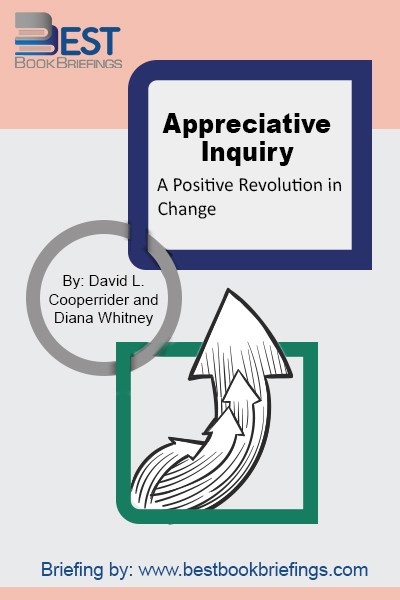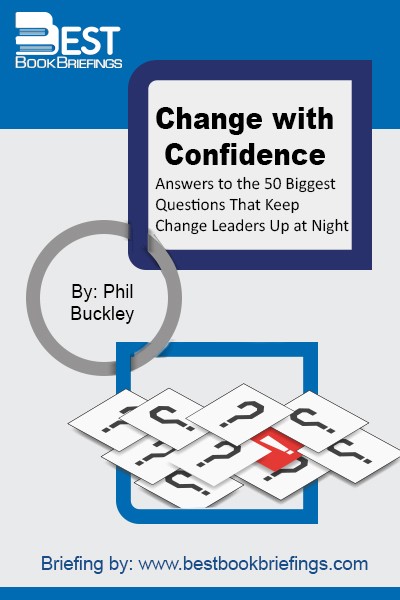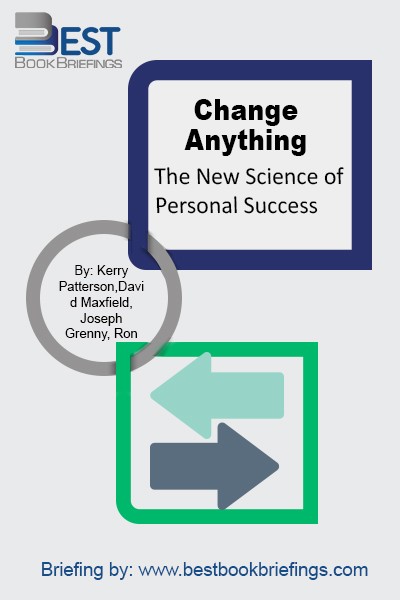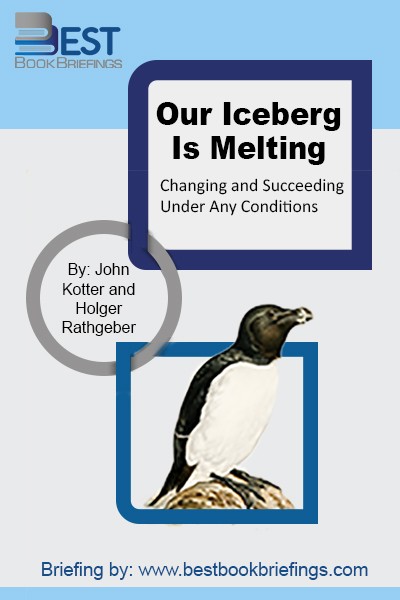Our Iceberg Is Melting
Changing and Succeeding Under Any Conditions
Number of pages: 147
Publisher: St. Martin's Press
BBB Library: Operations Management
ISBN: 9780312361983
Editorial Review
Change is a pain. Humans are naturally attracted to tedious and repetitive norms of life. As such, they always fear the unusual and dread novelty. Moreover, they feel highly anxious and worried if they find it necessary to change the course of their lives, especially if they are not sure of the viability of the forthcoming change, which makes them resist it powerfully. They are subjected to the severe pressures which accompany change, particularly in their professional life. These pressures materialize, for instance, in globalization, governmental initiatives, unemployment, the relentless innovations in information technology systems, political disruption as well as rat-race and competition.
Book Reviews
Books on Related Topics

Appreciative Inquiry (AI) is a new model of change management, uniquely suited to the values, beliefs, and business challenges facing managers and leaders today. It is a process for large-scale change management that can enable you to engage and inspire your highly diverse and dispersed workforce; to involve customers and other

If you have been charged with leading a change initiative, chances are you were chosen for the job—that is, you didn’t volunteer, but rather were tapped to lead or manage a large change project. You may have been given a short briefing and left to your own devices to succeed or

A stunning new approach to how individuals can not only change their lives for the better in the workplace, but also their lives away from the office, including (but not limited to) finding ways to improve one's working relationship with others, one's overall health, outlook on life, and so on.




